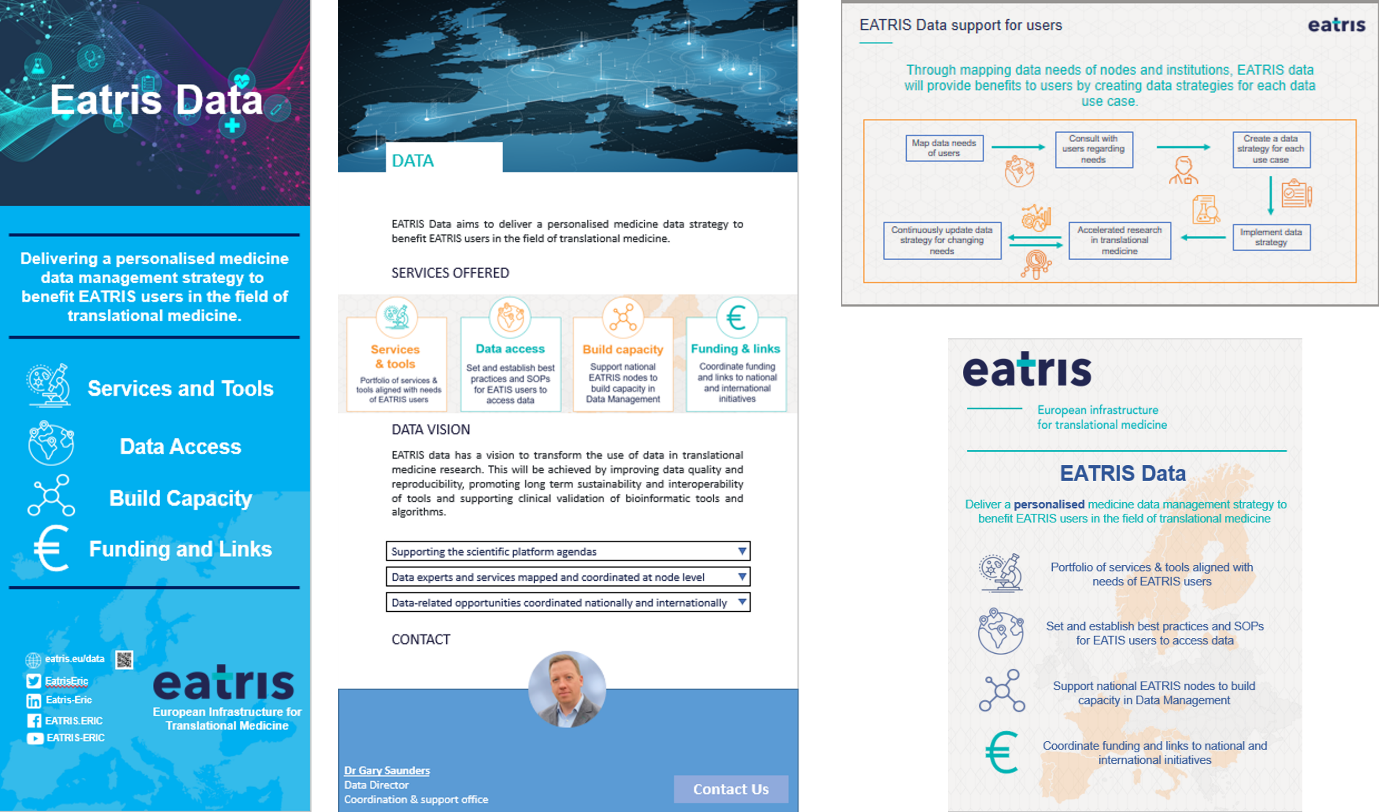In the summer of 2022, Keanu Walsham – PhD student from the University of East Anglia – undertook a placement as a Data Intern for EATRIS. Here Keanu shares his experience.

Tell us a bit about yourself
I am a BBSRC funded PhD student at the University of East Anglia (United Kingdom), my primary focus is investigating the contribution that marine cyanobacteria make to the global output of dimethylsulfiopropionate (DMSP), which is an important compound involved in climate regulation by being cleaved to a gas called dimethylsulfide (DMS). DMS acts as a cloud condensation nuclei so it helps to condense water vapour and therefore forms clouds. Outside of science I am a self-taught independent game developer and in my spare time I develop and build video games, as well as taking care of my two kittens.
As part of my PhD programme I undertake a three-month long internship called a ‘PIPS (professional internships for PhD students) placement’. This placement has to be something different to what our PhD is focussed on and gives us a chance to get work experience. This experience can be in another field of scientific research, a charity, in industry or in pretty much anything. I knew that I was interested in doing something related to the life sciences, but I also wanted to explore my interest in tech and data from my experience of learning to program and build software. I received an email from my PIPS coordinator with a list of placement opportunities and within this list was an application to join the data team at EATRIS.
What did you work on?
Following meetings with the Data Director, Dr Gary Saunders, we assigned a set of deliverables that I was expected to complete throughout my time at EATRIS. These deliverables varied greatly, firstly I created a presentation which summarised what EATRIS is and the work EATRIS data does. I then presented this to the coordination and support team (C&S) in their weekly meeting.
Afterwards, I analysed responses from the EATRIS nodes to a GAP analyses-based data-related survey and wrote up my findings in a document which was then emailed to the EATRIS National Directors and Node coordinators. This analysis looked into what types of data the nodes were using in their translational medicine focussed work and looked into their strategies to maintain and manage this data. Furthermore, the analysis looked at the nodes’ interests in working on the European front, for example within the European Open Science Cloud (EOSC) and getting involved with the emerging European Health Data Space (EHDS). The key findings of this survey allowed us to map the data requirements of the nodes and feed this into the upcoming EATRIS data strategy, a key pillar of the EATRIS 2023-2026 Strategic Plan.
Following on from this survey, I investigated the representation of EATRIS nodes within EOSC and EHDS. The previous survey had highlighted the users of these organisations, but this new investigation was to give a view of the EATRIS community at both the constructors and users of services offered via EOSC. I wrote up my findings in a document so that going forward different conversations can be had with the nodes depending on whether they use EOSC and EHDS or if they build it or if they do both. Therefore helping to push forward the idea of a ‘personalised data strategy’ depending on what the node requires.
Lastly, I produced a set of materials to be used by the EATRIS data and communications teams. With guidance from Dr Jake Fairnie, Head of Communications, I produced a web copy for a new data webpage on the EATRIS website. I also created a banner and leaflet to be used at conferences and in the EATRIS data booth to help attract the attention of potential stakeholders. Furthermore, I updated the data presentation slide deck to include slides on the benefits of working with the data team and how they can help stakeholders with EOSC and EHDS.
What did you learn during your internship?
I learned a lot more transferable skills than I envisioned when I interviewed for this internship. To list them out, I have boosted my analytical and investigative thinking skills, took data, and formed this into a story and then used this to help form strategy and policy. I quickly learned how to get up-to-speed in a brand-new field, my background is environmental microbiology, and I only had a couple weeks to learn about translational medicine before being assigned my first deliverable. I have had the chance to hone my written and verbal communication skills by producing documents and delivering presentations, as well as articulating my thoughts in meetings.
Furthermore, I have enhanced my creative thinking toolkit by having the chance to create a range of digital and physical media (see below). I learned how to work independently from home and manage my time to ensure I got my tasks completed to good quality. On top of this, I had a deep dive into how research infrastructures work and into thinking how to benefit stakeholders in a business environment.

Would you recommend an EATRIS internship to others?
Absolutely! It has opened my eyes to a great deal that I did not know was out there and gave me some good opportunities to get a well-rounded work experience. I would strongly recommend anyone to apply for an EATRIS internship.
Anything else you wish to add?
I would like to thank the EATRIS team and Gary for giving me the opportunity to do my internship with EATRIS. I have learned a lot from this experience and felt I was given the opportunity to make some good contributions to the organisation. The skills and experience I have picked up will definitely benefit me in my future career.
















